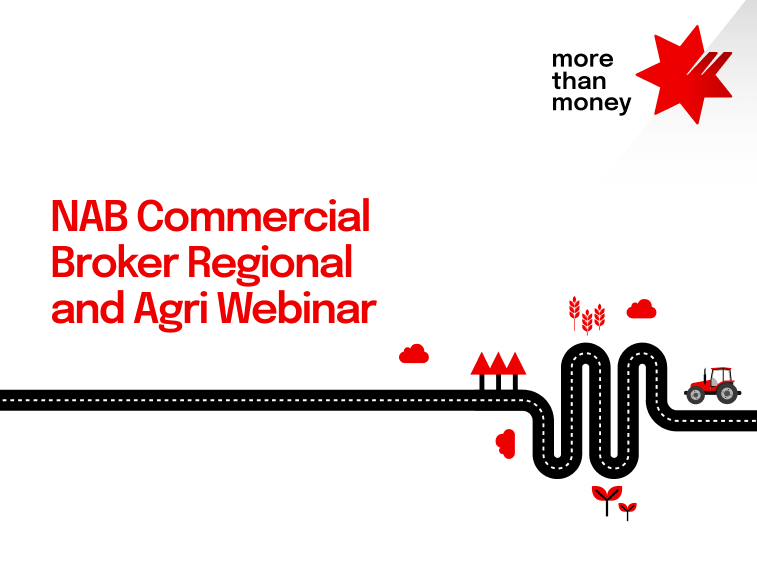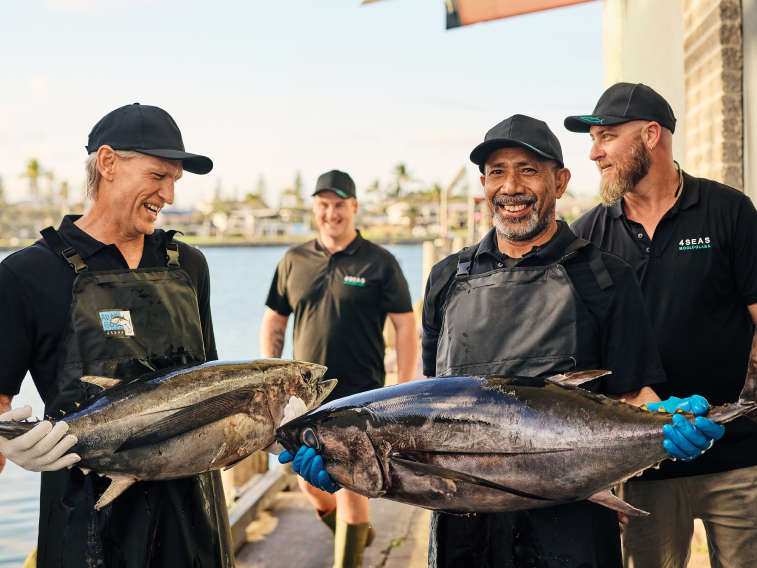An exclusive webinar to help you deliver the best outcomes for your R&A business. Watch now.


Webinar
There’s nothing straightforward about catching the finest quality tuna. But Queensland-based 4Seas has mastered the art of planning to chart a path through even the most turbulent waters.

Under even the best of circumstances, tuna fishing can be stressful. A successful catch requires meticulous planning and airtight execution, as well as the capacity to respond rapidly to unexpected contingencies.
So with up to four tuna boats operating out of Mooloolaba, Queensland, at any one time, 4Seas has to be on the ball at all times.
That requirement came to the fore when COVID turned the market dynamics of the tuna industry upside-down overnight. So sudden was the impact, 4Seas’ Japanese agent, on a visit to the company’s factory, was told he had to leave the country immediately or risk deportation.
For 4Seas, which specialises in the high-quality end of the market, the loss of access to air freight services was particularly catastrophic – when you’re supplying fresh raw tuna to the Japanese and US sushi markets there’s no room for logistical delays. As Sales and Factory Manager Craig Hansen explains: “The planes seemed to just disappear out of the skies.”
While 4Seas worked hard on helping create government assistance programs for the industry, including the International Air Freight Mechanism, there was no way of accessing its target export markets in the volumes it was used to.
Instead of pivoting to frozen tuna, which would have meant sacrificing high-quality catches to a less valuable product line, 4Seas doubled down on the rigour of its planning.
“We had to structure our planning not only weeks in advance, but months in advance,” Craig says.
“We had to put together a sales plan and a business model that could provide certainty … so we managed to keep a foothold exporting.”
4Seas has been working with NAB for nearly three decades, across different stages of expansion and multiple evolutions of the business. Throughout that time, how 4Seas has relied on NAB resources has changed.
“In the early days, it would have been unfeasible to allocate resources to purchasing vessels without NAB loans,” 4Seas Managing Director Adam Whan says.
“It was always easy with NAB, because they understood the business from the get-go, and as we grew and grew.”
An example of the evolving nature of NAB’s support can be seen in 4Seas’ use of foreign exchange services in response to changing access to and demand from international markets, and the resulting dramatic shifts in exposure to trade in US dollars or yen over that time.
For 4Seas, currency trading is a means to an end. The company uses hedging instruments through NAB’s foreign exchange services to protect against currency variations, allowing it to focus on its core business – getting the best product possible to the markets that can’t get enough of its catch.
“Having the facilities of the hedge puts a safety blanket under the operations,” Adam explains.
In the fast-paced world of high-quality fresh tuna fishing, that’s one less thing to keep an eye on.
“We’ve got hedge facilities that go out multiple years,” Adam says. “That gives us certainty about our target export market [and] that gives us certainty about our operation.”
© National Australia Bank Limited. ABN 12 004 044 937 AFSL and Australian Credit Licence 230686.